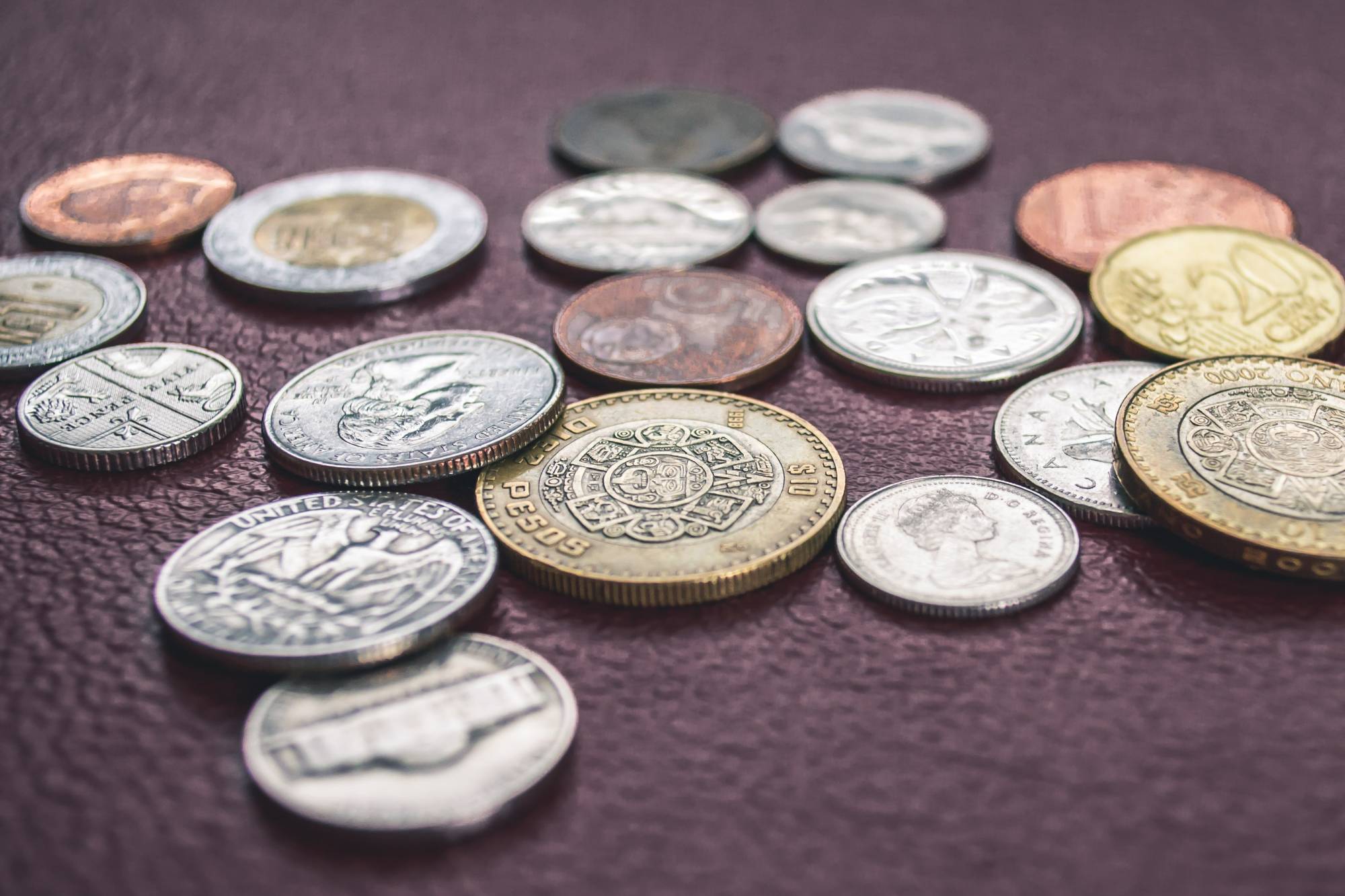Money While Abroad
Money Tips and Taking Money Abroad
The amount of money you should plan to take with you largely depends on your personal spending habits. The Padnos International Center will work with you on an individual basis to identify the estimated cost associated with your academic program. Personal travel, gifts, and items not associated with your academic program must be evaluated on an individual basis.
Lost or Stolen Money: Before you depart for your study abroad program, make sure you have all toll-free numbers for your credit card company, banks, etc. In the event that your cards are lost or stolen, you will need these numbers to contact the issuing company for instructions on how to replace them and stop future transactions.
Tip: Make photocopies of all important documents, credit cards, I.D. cards, insurance information, etc. and leave a copy at home with a family member that agrees to help you while you are abroad.

Foreign Currency
It is good practice to have a small amount of foreign currency when you first enter a country. This will cover you for a taxi ride and/or food items when you first arrive if you do not have immediate access to an ATM or money exchange and credit/debit cards are not accepted or not working.
You can easily exchange money in the airport before you leave the United States or you can talk to your bank about ordering foreign currency.

Debit and Credit Cards
Contact your bank and credit cards to let them know about your travel plans to lower the chance that your card will be blocked while traveling.
Ask your bank and credit card about any international transaction fees you may be charged for using your card abroad or withdrawing funds from a foreign ATM.
Some banks have international partners around the world that will not charge transaction fees for usage. You can check with your bank to find out if they have international partnerships. You may also consider opening an account with a bank that has an international presence in order to avoid paying fees for your ATM withdrawals.
It is important to have a few options when it comes to money while abroad in case a debit or credit card is lost or stolen. If you are looking to open a credit card for your study abroad program, you can compare several options on Credit Card Insider or Nerd Wallet
You may be visiting a country where you cannot easily use credit/debit cards for all purchases. You need to research the country you are traveling to BEFORE going abroad so that you are prepared if you will need to use cash.
Google Wallet/Apple Pay
Apple pay and Google wallet may be a good, safe option depending on where you are studying.
Please note that not all countries and businesses will offer contactless payment options and therefore this should not solely be your only payment method while abroad.
Check the links for to find out where Apple Pay and Google Wallet are available.
Foreign Bank Account
Students going abroad for longer periods of time may decide to open a foreign bank account. This is not recommended for short periods of study abroad. If you decide to open a bank account abroad, there are a few things to keep in mind:
- We do not recommend signing any documents in a language you do not fully understand. If the documents are not in a language you understand, we recommend bringing someone you trust with you to open an account that can translate the information
- Banks in other countries may not have the same protections for customers that you may be accustomed to in the United States. If your card is stolen and money is withdrawn from your account, you may not be reimbursed. This is something to verify with your bank before opening an account
- Some major US banks have foreign branches or partners. It may be easier to open a US bank account with a bank that has a presence in the country you will be studying.
